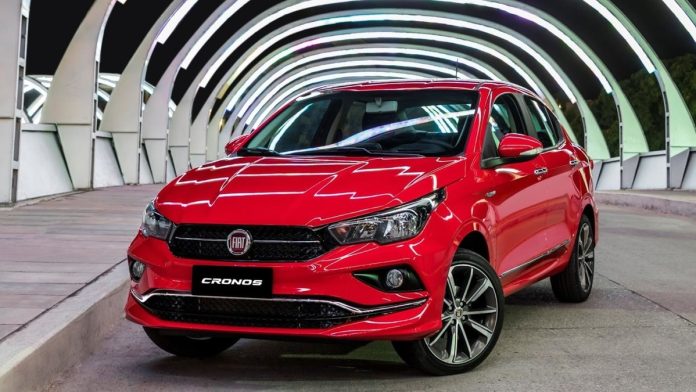Argentina Auto Sales sharply lost in Q1 2024. Although the new government lifted the import restrictions, the moderate recovery, in place from 2021, has been brutally broken. New car sales in March have been 23.472 (-36.7%) with YTD figures at 79.049 (-30.6%).
Market Trend and Outlook
Among the President Javier Milei package of reforms, in December 2023 the administration lifted the import restrictions impacting the auto market. The policy was put in place by the previous government as a way to build the country’s foreign currency reserves. However, the move had unintended consequences. The restrictions discouraged many OEMs from importing vehicles into Argentina, as it is costly for the automakers to import their vehicles and components. This gave the manufacturers who already had a strong production presence in the country an advantage.
The new administration lifted the import restrictions with the idea of supporting the automotive market in mind, but the uncertainty in the economy could overshadow the potential gains from the change. Furthermore, some OEMs and suppliers are still struggling to import parts for vehicles due to debts previously incurred with import brokers. For example, General Motors suffered from a slowdown due to a supplier struggling with payments associated with import restriction debt accumulation.
Looking at sales figures, the start of 2024 is deeply negative and the moderate recovery, in place from 2021, has been brutally broken. New car sales in March have been 23.472 (-36.7%) with YTD figures at 79.049 (-30.6%).
Looking at cumulative data up to March 2024 brand-wise, the leader still is Toyota with 15.210 sales (-39.1%), followed by Volkswagen at 11.751 (-14.8%), in front of Fiat with 11.650 (-35.1%).
Peugeot ranks in 4th position with 8.274 sales (-30.9%) followed by Renault at 7.662 (-34.3%), Ford with 7.318 (-29.9%) and Chevrolet with 4.597 (-48.7%).
Jeep gains 2 spots ranking into 8th position with 3.316 sales (+26.8%), in front of Citroen in 9th with 2.913 (-12.7%) and Nissan -down 2 spots- closing the Top 10 with 2.835 sales (-33.8%).
Looking at best selling models models, with full details reported in the dedicated post , the Fiat Cronos remains the best seller despite a 38.4% decrease in year-on-year sales. In second ranks the Peugeot 208 which declined by 29.9% in yearly volume.
Medium-Term Market Trend
The Argentinian light vehicle market had many ups and downs in the last decade, rising to 917,777 sales in 2013 and collapsing 25.4% in the following year to 684,459 new registrations. Sales fell to 633,740 in 2015 and began to recover up to 863,556 in 2017. 2018 and 2019 both reported losses with the later falling 42.9% reaching the lowest of the past decade at 438,590.
The arrival of the pandemic in 2020 worsened the situation causing the market to fall another 30.7% to 303,793.
Post-covid the Argentinian light vehicle market is showing signs of recovery with 2021 ending at 355,793 sales (+17.1%) and 2022 totaling 392,533 sales, a 6.5% growth from the prior year.
In 2023 reported figures at 419,256, a 6.8% increase from 2022. Despite few factors that put negative pressure on the market throughout 2023: the disruption in the global supply chain caused by a lack of raw materials, in particular for the production of microchips and the Governments push towards Evs. This last point isn’t as important now as it will be in the future, considering that currently only 0.45% of market share in South America belongs to BEVs.
Tables with sales figures
In the tables below we report sales for top 10 Brands, top 10 Manufacturers Group.











